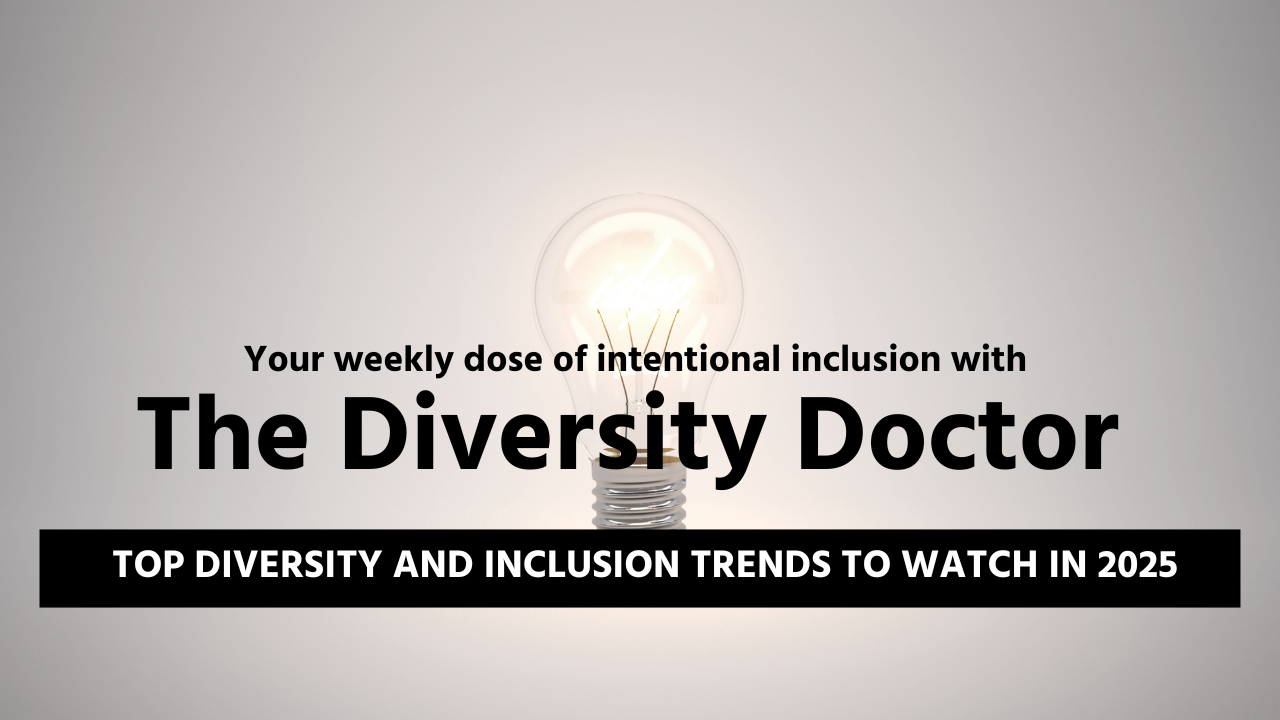Now Reading: Diversity and Inclusion 2025: 7 Powerful Ways Shaping the Future of Work
-
01
Diversity and Inclusion 2025: 7 Powerful Ways Shaping the Future of Work
Diversity and Inclusion 2025: 7 Powerful Ways Shaping the Future of Work

Table of Contents
In recent years, the terms diversity and inclusion have become more than just corporate buzzwords. Today, they represent an essential approach to building better workplaces, stronger communities, and more successful organizations. Across the world, leaders are recognizing that companies that value diversity and inclusion are not only more ethical but also more competitive in the global marketplace.
This article explores what and inclusion mean, why they matter, and how businesses, schools, and societies are actively working to embrace them.
What Do Diversity and Inclusion Mean?
Diversity refers to the presence of differences within a group. These differences can include gender, age, race, ethnicity, culture, physical ability, religion, and sexual orientation. It also covers of thought, background, and experiences.
Inclusion, on the other hand, is about creating an environment where everyone feels respected, valued, and empowered to contribute. While is about representation, inclusion is about making sure that representation actually matters and is supported.
Simply put: is being invited to the table, while inclusion is being given a voice at the table.
Why Diversity and Inclusion Matter Today

The global workforce is rapidly changing. With businesses expanding across countries and cultures, organizations can no longer rely on one way of thinking or one type of employee. A diverse and inclusive workplace brings many advantages:
- Stronger Innovation and Creativity
Teams made up of people with different perspectives are more likely to generate new ideas and solve problems creatively. Studies show that companies with diverse leadership are more innovative. - Better Business Performance
According to McKinsey research, organizations with higher gender and ethnic perform significantly better financially than less diverse companies. - Improved Employee Engagement
When employees feel accepted and included, they are more motivated, loyal, and productive. This reduces turnover and improves company culture. - Reputation and Trust
Consumers and clients are increasingly drawn to businesses that represent fairness and equality. A company that actively supports and inclusion earns greater trust and brand value.
Diversity and Inclusion in the Workplace
Across industries, companies are adopting and inclusion strategies to create fairer and more effective workplaces. This includes:
- Hiring Practices: Businesses are working to remove bias from recruitment processes, ensuring candidates are chosen based on skills and merit rather than gender, background, or race.
- Training Programs: Regular workshops help employees understand unconscious bias and promote cultural awareness.
- Equal Pay Policies: Closing the gender pay gap remains a major focus for many global organizations.
- Employee Resource Groups (ERGs): These groups give employees from underrepresented communities a space to share their experiences and influence company policies.
- Leadership Commitment: CEOs and senior leaders are publicly committing to goals, showing that inclusion is a top priority.
Challenges in Building True Inclusion
While progress is being made, challenges remain. Some of the common barriers include:
- Unconscious Bias: People often have hidden biases that affect decisions without realizing it.
- Tokenism: Hiring a few diverse employees without giving them a real voice can backfire.
- Resistance to Change: In some organizations, cultural shifts face opposition from traditional mindsets.
- Measuring Success: is easy to count, but inclusion is harder to measure. It requires constant feedback, surveys, and long-term commitment.
Experts suggest that and inclusion should not be treated as a checklist but as a continuous effort that becomes part of company culture.
Global Movements Supporting Diversity & Inclusion

Governments, non-profits, and international organizations are also promoting diversity and inclusion as a social and economic priority.
- The United Nations emphasizes inclusion as part of its Sustainable Development Goals, pushing for gender equality and reduced inequalities worldwide.
- Many countries are enforcing laws requiring equal opportunities in hiring, pay transparency, and accessibility for people with disabilities.
- Schools and universities are introducing programs that teach respect for different cultures and backgrounds from an early age.
This global shift shows that inclusion is not only a business issue but also a human rights issue.
Diversity and Inclusion in 2025 and Beyond
Looking ahead, experts believe diversity and inclusion will continue to shape the future of work. With the rise of artificial intelligence, remote work, and globalization, teams will become even more multicultural and multi-generational. Organizations that embrace this change will have a clear advantage.
For example:
- Remote Work allows companies to hire talent from anywhere in the world, naturally increasing diversity.
- Technology Tools are helping HR teams track and improve inclusivity in real time.
- Younger Generations such as Gen Z strongly value fairness and social justice, meaning future employees will expect inclusivity as a non-negotiable standard.
In short, businesses that fail to prioritize diversity and inclusion risk falling behind in innovation, performance, and reputation.
Conclusion
Diversity and inclusion are no longer optional they are essential for success in the modern world. Whether in workplaces, schools, or communities, embracing differences and creating inclusive environments unlocks creativity, growth, and stronger human connections.
As we move deeper into 2025, diversity and inclusion are shaping not just business strategies but the very values of society. By recognizing the power of every voice, organizations and communities can build a future that is fairer, smarter, and more united.
Read More:- Shobha Realty Launches Its Most Luxurious Project Yet—Full Details Inside 2025



















